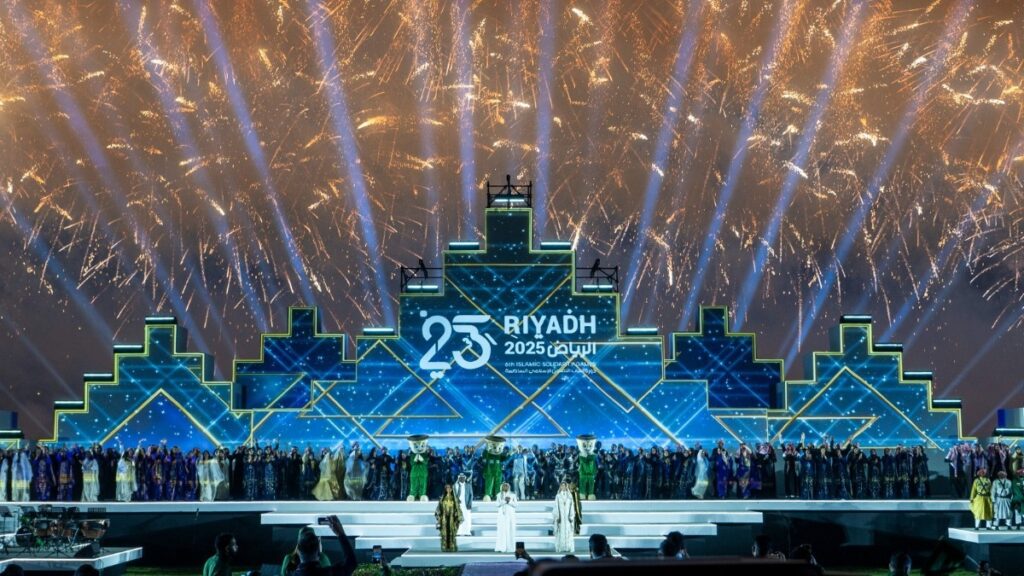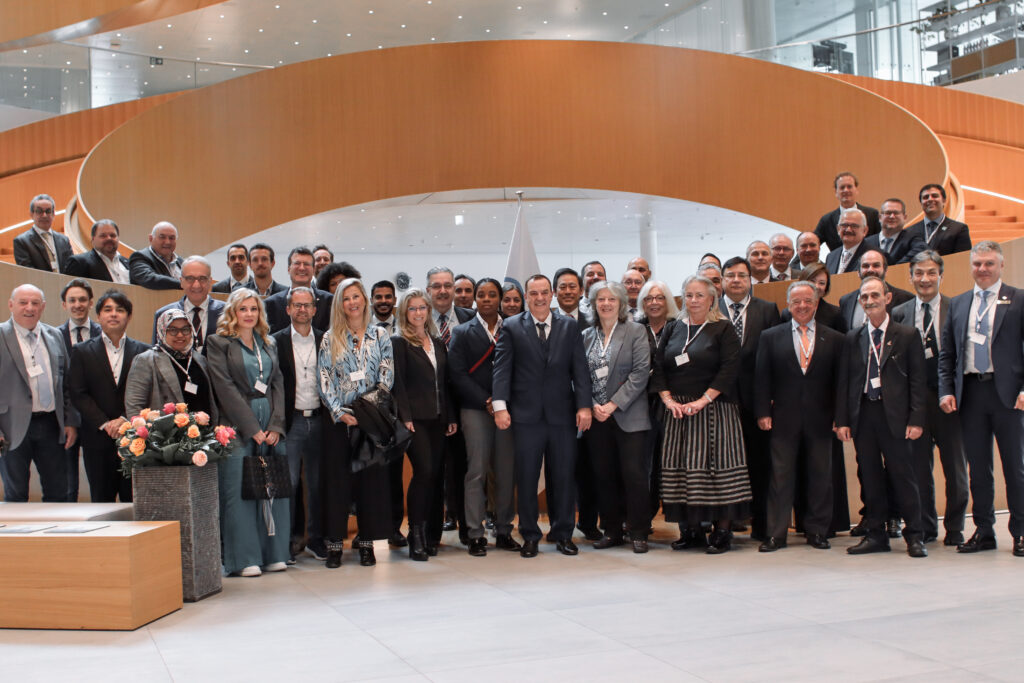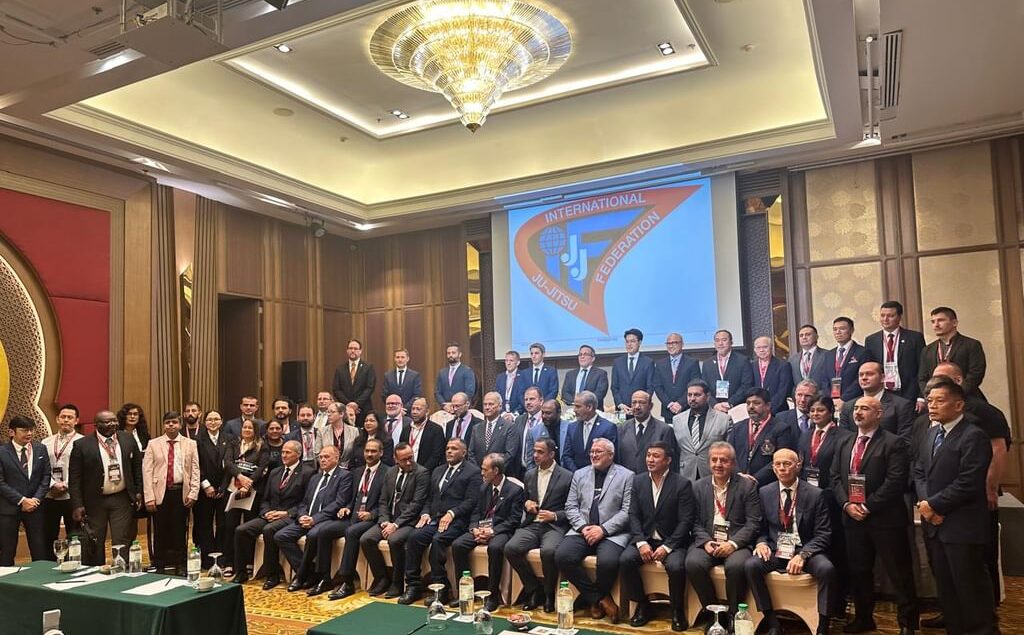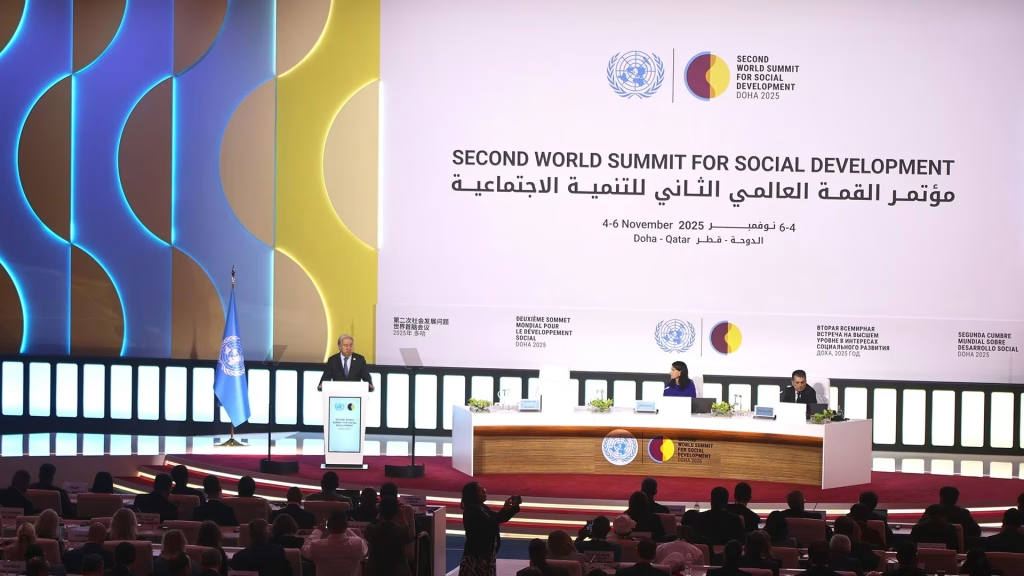By Sir Andy Murray, two-time Olympic champion in tennis
On the occasion of International Women’s Day, and just a few days after the IOC made landmark decisions demonstrating that gender equality is a reality at the Olympic Games, British tennis star and two-time Olympic champion Andy Murray shares his views on the role that women, including his former coach Amélie Mauresmo, have played throughout his career, and the barriers that still need to be overcome.
When my brother Jamie and I were growing up, we lived very close to the local tennis courts in Dunblane (Scotland). Given my mum played tennis to a reasonable standard and was also a coach, it was inevitable we would end up playing.
My mum has great energy and has been a workaholic ever since we were young, often getting up at 4 a.m. to start her day. She’s a role model for me through her determination, work ethic and drive to do what she wants to do. Even now, she’s still travelling everywhere and teaching on the court, trying to bring tennis to the masses and give kids, girls and female coaches an opportunity.
I was coached by my mum from a young age and have had good experiences with female coaches throughout my tennis career. But when I became professional, I noticed that basically every male player had a male coach and, in most cases, a male support team.
When I was choosing a new coach in 2014, I wanted to work with an ex-player – I feel they can help a lot with the psychological side and understand the pressures of playing in, and winning, big competitions. Like me, Amélie Mauresmo had struggled with nerves and had got over that hump of winning major events, and I felt she would understand me in that respect.
The reaction to Amélie’s appointment as my coach, even from people close to me, was when I realised there was a problem. The reason they were questioning her was purely based on her sex; it was not because of her ability or what she’d done in her career.
I did well with Amélie and reached Grand Slam finals, but a lot of people saw the period when we worked together as a failure because I didn’t win a Grand Slam title. People blamed her for that, but that wasn’t the case with my other coaches – it was always me who was the problem, and I would get the criticism when I lost. With Amélie, the questions I would get asked a lot of the time after losing matches would be about our relationship. I’ve never had that at any other time in my career.
The best coaches should be the best people and, at the Olympic Games, there’s no way that women should represent only 11 per cent of the best coaches – clearly more work needs to be done here.* When it comes to mindset, skillset and intelligence, there’s no reason why a woman can’t be just as good as a man, and hopefully things will change when women are given more opportunities. Interestingly, I’ve read that, in Tokyo, there will be the highest number of female competitors at an edition of the Olympics (48.8 per cent), so progress is being made.
Out of all the global sports, tennis is the best in terms of equal prize money and male and female players competing at the same events. But the thing I find interesting is, rather than being celebrated, this is often questioned within the sport. It’s attractive to people watching, sponsors, TV, everyone, so don’t waste your time arguing about it; let’s celebrate it and actually use it to our advantage to grow the sport around the world.
The Olympic Games also have an important role to play in promoting gender equality. People love watching the Olympics because they see the best male and female athletes. They are entertained by the mix of athletes, and that’s one of the reasons why it’s the most successful sporting event. When I first competed at the Olympics in Beijing in 2008, I went along to watch the badminton mixed doubles and absolutely loved it. Similarly, people love watching mixed doubles in tennis; more sports should look at these formats and think about what they can do and what fans might want.
When I played mixed doubles with Serena Williams at Wimbledon last year, it was a good example of how the format draws a slightly different crowd to the sport. Normally when I win or lose at Wimbledon, people will come up to me and say: “Well done” or “Bad luck”. But, with Serena, so many people said: “We loved seeing you and Serena playing together. It was brilliant.” People enjoy seeing that, and we should promote it. How can you not see that it’s a good thing?
*11 per cent of accredited coaches at the Olympic Games Rio 2016 were female.





